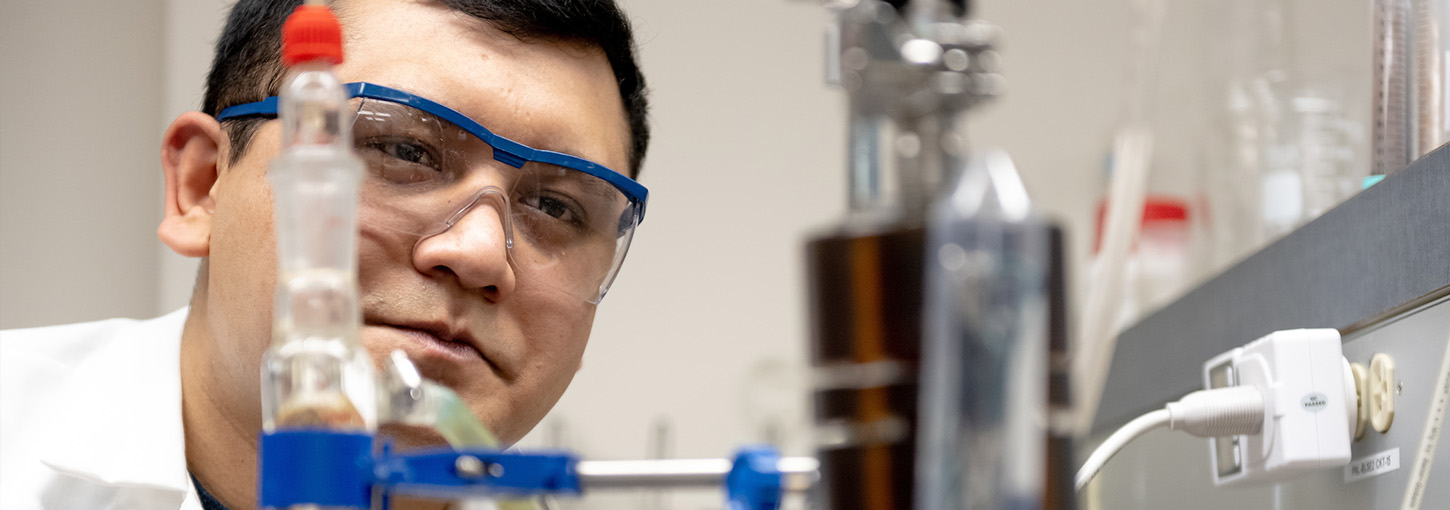The University of Idaho offers students from every major the opportunity to explore beyond their classes with research, scholarship and creative projects. Available to all undergraduates at U of I, these experiences allow students to take their education into their own hands and make a difference.
Often supported by the Office of Undergraduate Research, two-thirds of undergraduates work with faculty on out-of-class projects. Read their stories to learn about their dedication to their projects, their personal experiences as students and scholars, and the multiplicity of paths they’ve taken at U of I.
Explore Our Student Research Features
Taco Tuesday & Tendon Engineering
Alyssa Hansten Finds Social Collaboration and Career Guidance Through Undergraduate Research
Read About AlyssaManufacturers’ Social Networking
Student Helps Build App for Idaho Manufacturers
Read About Nicole’s Study






